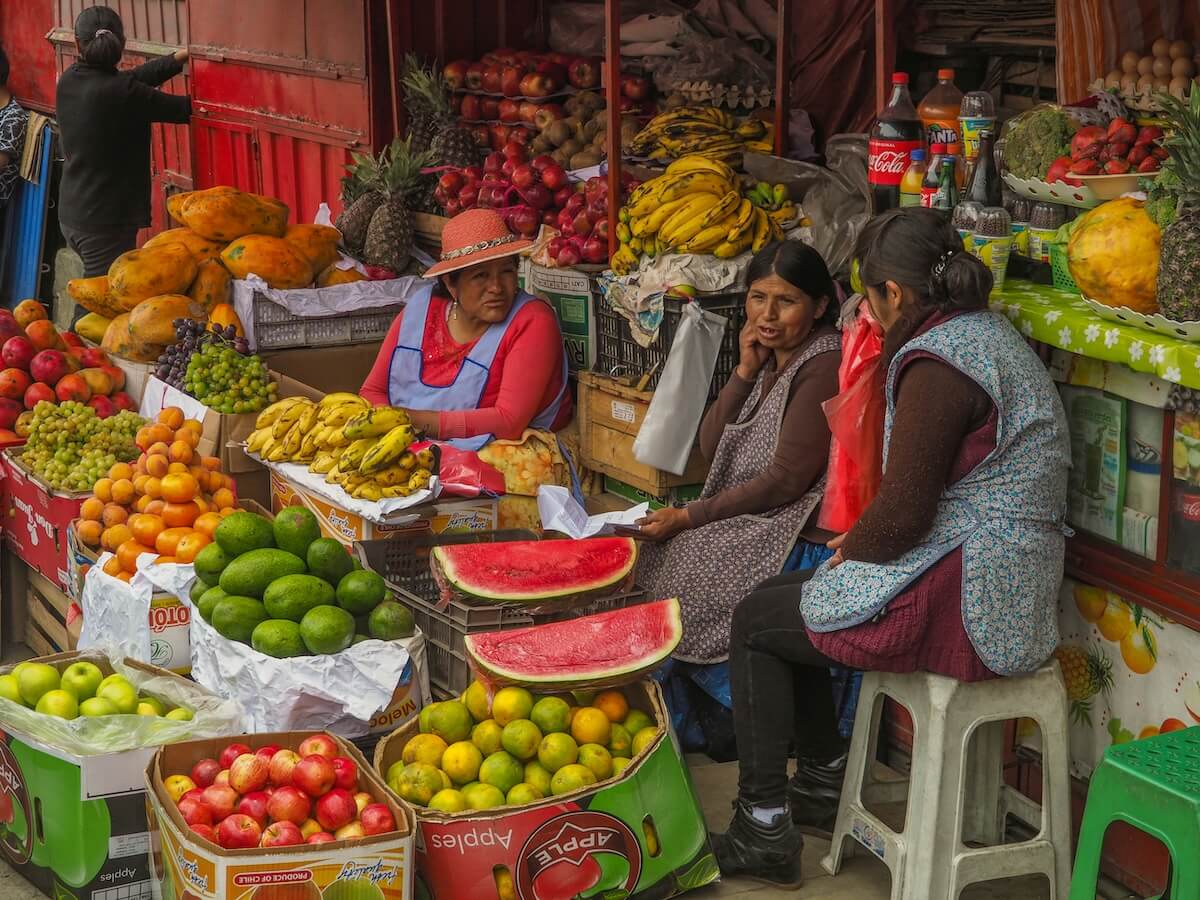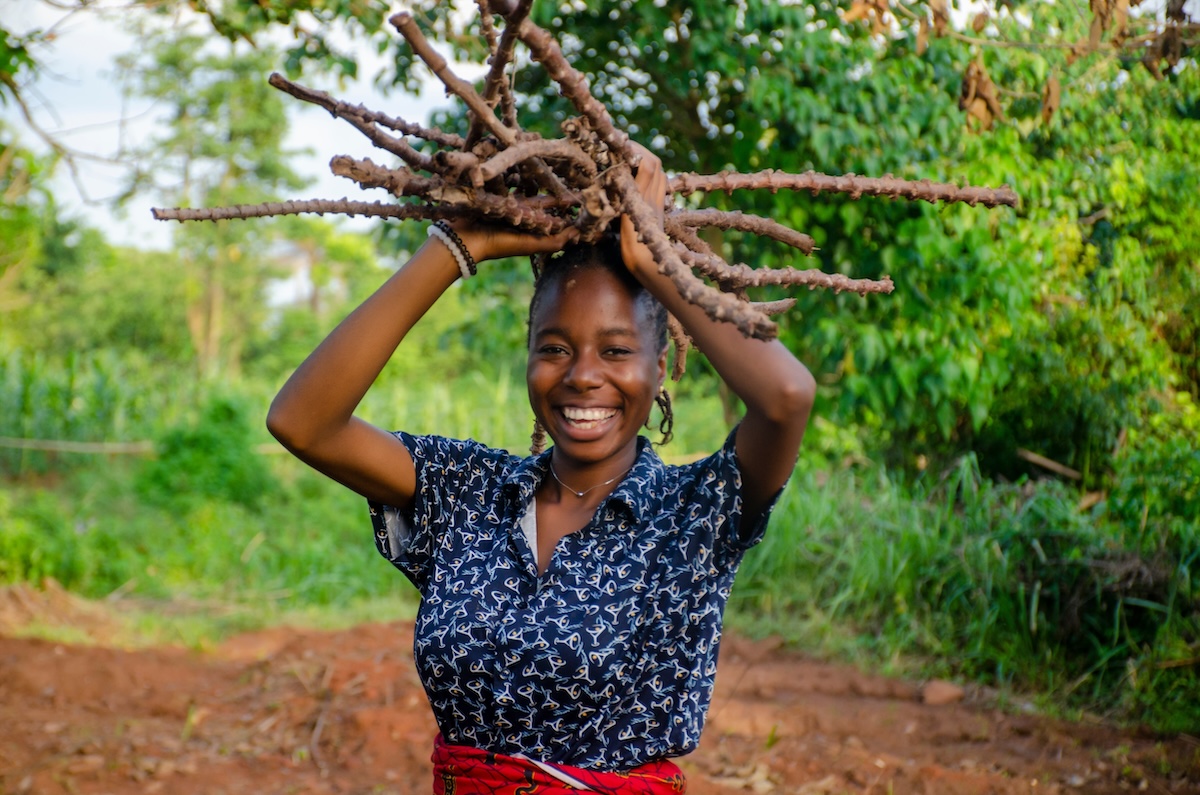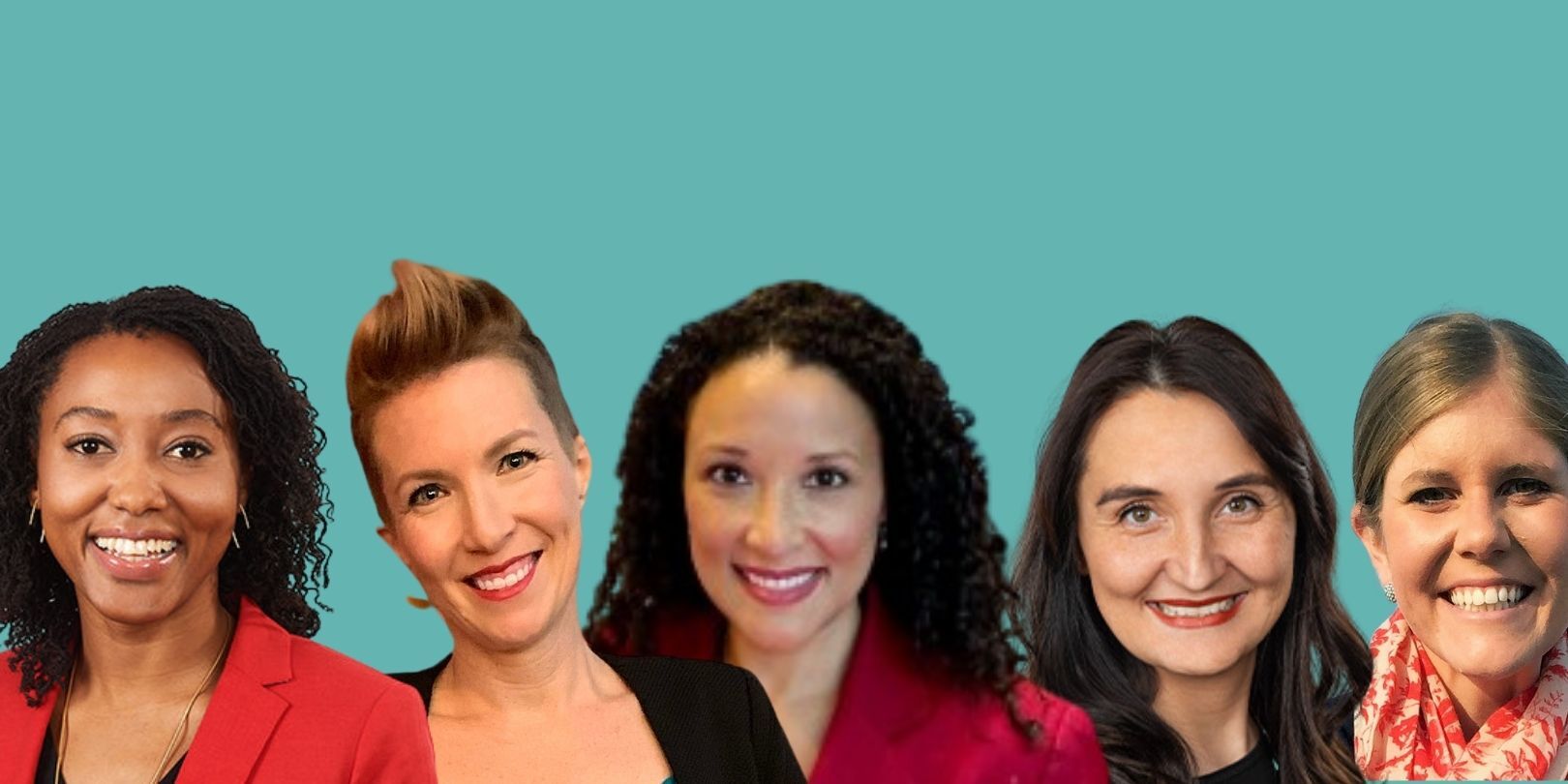Four trillion dollars.
That’s how much the informal and unpaid work of the women in Asia alone would add to the global economy if it were valued and counted.
Accounting for women’s disproportionate contributions to childcare, home healthcare, domestic work and livelihood businesses is essential to leveling the playing field for women and girls in society. It’s also the key to solving pressing global challenges, like climate change.
“Care is such a strong lever for gender equality. Without having a functioning care economy from early childhood all the way to aging, so much of what we’re doing to shift the narrative and social norms on gender just is not going to happen,” observed Sana Kapadia of 2X Global and Heading for Change at last week’s Feminist Finance Forum in Bangkok.
The forum, hosted by the UN’s Economic and Social Commission for Asia and the Pacific, convened close to 400 policy makers, investors, entrepreneurs, development finance specialists, and representatives from civic organizations to dissect gender disparities in the economy and finance in Southeast Asia.
Lynda Tabuya, Fiji’s minister of women, children and social protection, called for the adoption of a “feminist lens” to global finance that takes a “nuanced, inclusive and integrative approach to [addressing] the root causes of disparities and gender equality and [fostering] systemic change across the entire financial ecosystem.”
Central to those disparities are women’s unaccounted role in the care economy, which has resulted in less than 50% of women participating in the labor force, compared to 83% of men. Two-thirds of working women are employed in the informal sector, where most jobs are low-wage, unstable and don’t offer social protection.
“More action is needed to ensure that the financial ecosystem in the region is able to respond to the needs of women and underserved populations,” stated ESCAP’s Rupa Chanda. “This will require channeling investment capital into transformative, gender-responsive solutions to climate change and economic disparities; encouraging capital allocators to move capital to first-time gender lens funds; creating financial products that support the safety, stability, and success of women; and building private-public partnerships to strengthen finance blended solutions.”
Climate + gender
Women and girls are often framed in the climate context as “being on the frontline,” “bearing the greatest impacts,” “being most at risk.” Women from across Southeast Asia are demonstrating how their connectedness to communities and proximity to climate impact positions them as a critical resource for solutions.
Lawyer and youth activist Sobita Gautam is the youngest elected Parliamentary representative of Kathmandu and a fierce advocate of a just climate transition. Gautam, who grew up in a rural unelectrified village of Nepal, recalled how devastating mountain flooding from snow melt in 2021 swept away whole communities and devastated a 30-year rural water pipeline project. She advocates for greater accessibility and flexibility in the loss and damages fund established at last year’s COP28 Climate Summit in Dubai.
“We have a saying in Nepal: ‘There is gold in Tibet, and yet I’m unable to make jewelry from it.’ Even if there is substantial loss and damage funding, if it’s not accessible to vulnerable communities then it’s of no use,” she said. “It must be delivered in a way that directly supports affected families and communities, allowing them the flexibility to decide how to use the funds. Everyone deserves the opportunity to choose their own path to adaptation.”
Helianti Hilman became concerned about the threat to food security and environmental impacts government imposed rice farming was having in Indonesia’s Indigenous communities. She founded Javara to give Indigenous growers and foragers of native food varieties a source of income and access to international markets. She also turned her own 12-foot by 15-foot garden in Jakarta into a demonstration farm with almost 150 plant varieties to educate policymakers and civic organizations on the nutritional and biodiversity value of native plant species.
Nikhat Khan, disturbed by the growing impact of plastic waste in homeland Fiji, set up Pacific TK Consultants to collect and recycle plastics clogging island waterways. Roikhanatun Nafi’ah, who is from a shrimp farming community in Indonesia, developed a solar powered water aerator to shift farmers off of fossil-fuel powered devices while reducing their vulnerability to variable weather and temperature patterns. Mira Hang Nguyen launched e-bike startup WiiBike in Vietnam out of concern for the near ubiquitous use of polluting gas-powered motorbikes among city commuters.
Heading for Change’s Kapadia called out how the intersectionality of the care economy and climate change offers a clearer view of climate impacts and solutions on the ground. “Without that multifaceted lens, we’re missing so many dimensions of the climate crisis.”
Heading for Change is among a small but growing number of funders working to channel capital at the nexus of climate and gender issues with its philanthropy-backed seed fund for climate fund managers. The UN Environment Programme and UN Women this week launched a $7 million debt facility for climate-focused projects and social enterprises. IIX in Singapore raised $100 million for its sixth Women’s Livelihood Bond, a portion of which is being directed at women’s climate adaptation and resilience. USAID and Amazon’s Climate Gender Equity Fund is trying to mobilize $60 million for women-led funds and enterprises addressing climate change in the Global South.
Men and feminist finance
Women still control less than 2% of invested capital worldwide, whether as asset managers or startup founders. The gender-lens finance movement, which seeks to balance the scales, has moved billions, not trillions.
“We are working on issues that are about fundamental structural inequities, and we’re talking to people who have biases. This is not all rational thought,” remarked Joy Anderson of nonprofit think tank Criterion Institute. “We are working up hill with somebody standing in front of us pushing us downhill.”
The Feminist Finance Forum was flooded with new and recent resources aimed at shifting that trajectory. Value for Women released the “Equity Lens Tooklit for Venture Capital Investors,” to help investors tackle bias in their investment process. Criterion Institute’s “Fostering a Feminist Financial Imagination,” guides investors, foundations and feminist organizations “in understanding how the power of finance can be leveraged to create feminist, just and human rights-based solutions to current global challenges.”
Oxfam published a local voices series highlighting the nexus of climate, gender and the care economy through women’s stories of climate impacts in their communities.
ESCAP has a primer on investing in the care economy that highlights policy measures and financing to support care infrastructure, like water access and transportation; care services, including child and elder care; and social protections, including cash transfers and non-contributory pension schemes.
“Any primary caregiver of the family would understand the huge time and energy demand that domestic tasks take. Unfortunately, women are most likely to be in this role due to gender norms,” observed Anh Nguyen from Impact Hub in Phnom Pehn in Cambodia.
“Women’s financial inclusion is a must for a just society. Men have a role to play,” commented Imtiaz Sayed Saikh of the University of Dhaka’s Center for Men and Masculinities Studies in Bangladesh.
Many of the solutions on display were led by men. Zillul Karim and Nazmul Arefin founded ToguMogu to provide new and prospective parents in Bangladesh with information on family planning, pregnancy and care for children up to 10 years of age. Adrain Mangal’s Bangkok-based company FamBear provides free training to care workers, most of whom are migrant women, and connects them to jobs with families needing home care help. Ahsan Jamil launched Ubuntu Care, a daycare provider in Pakistan, to provide high-quality early childhood education while helping more women join the workforce.
“We can take this system apart and rebuild it for what works for us and what works for women,” said Anderson. “We don’t have to reinvent finance. The building blocks are there. We just have to put it together in some different ways.”











